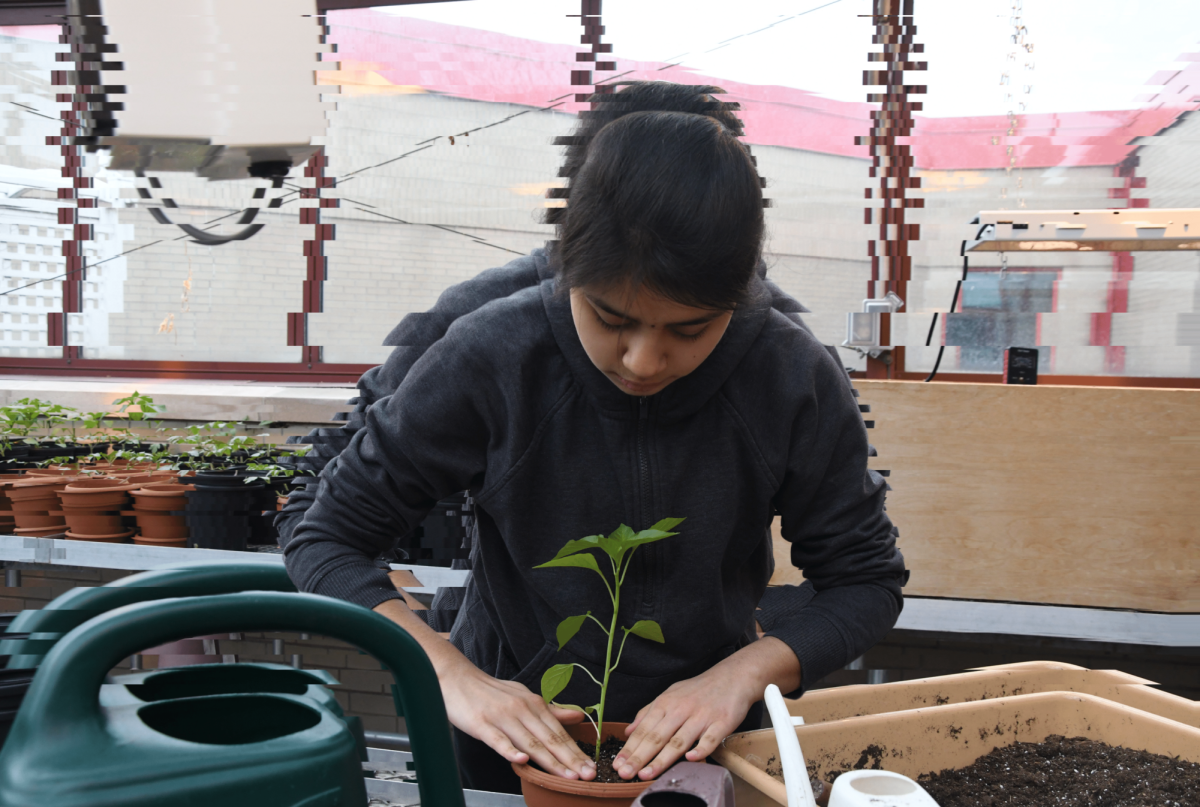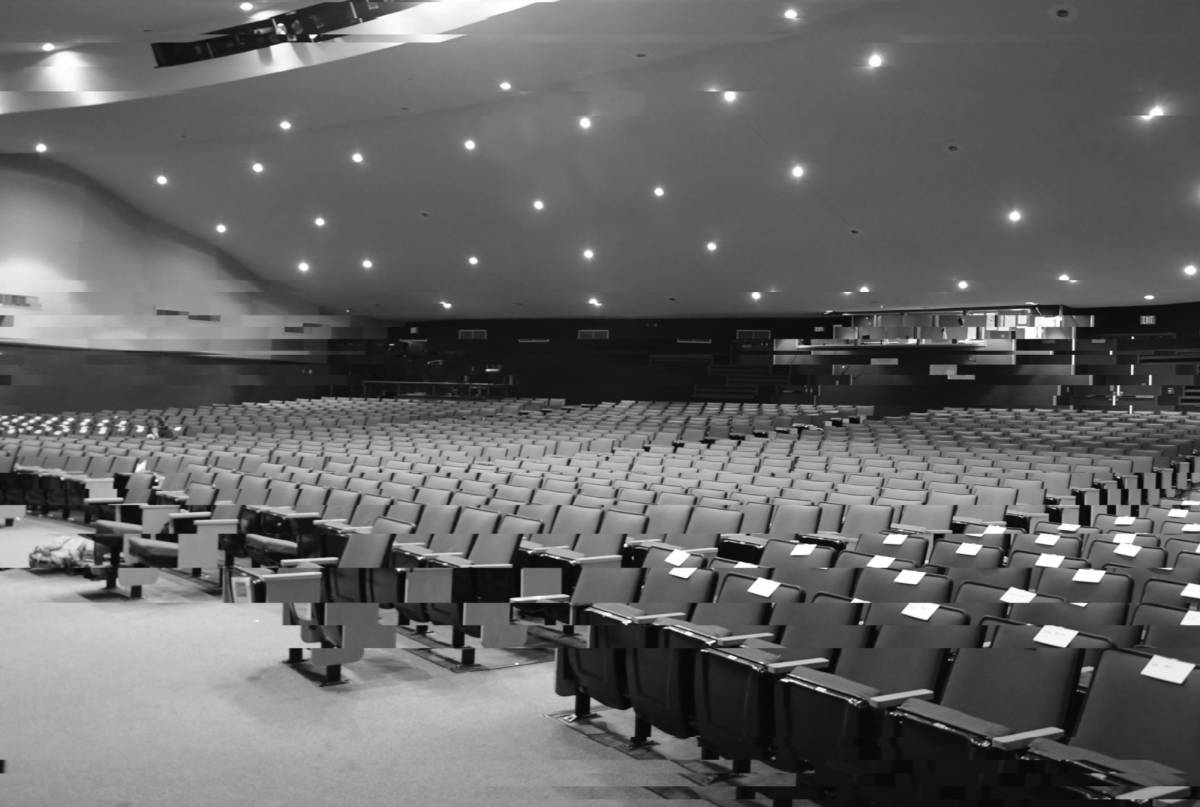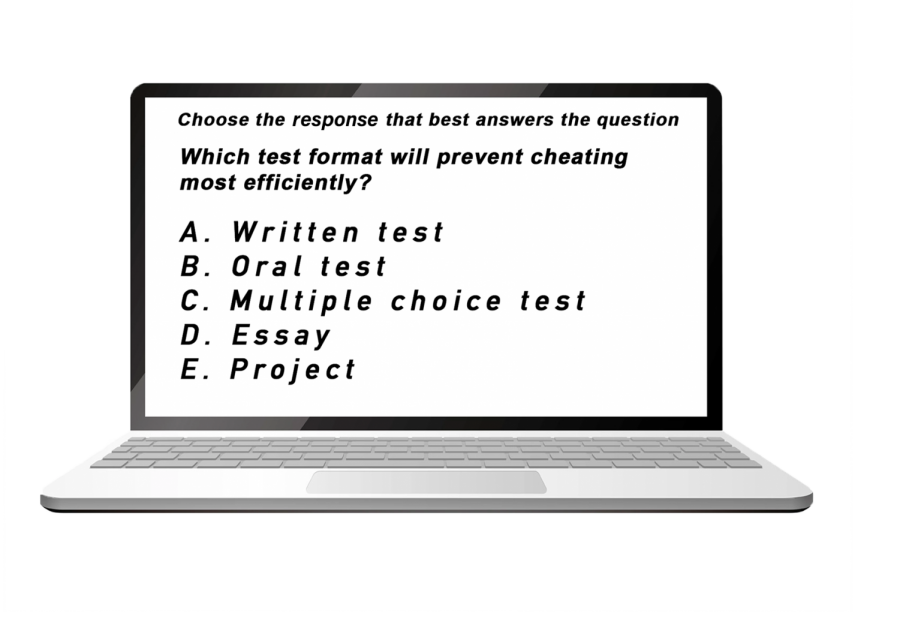Ethics and equity
Discussion on testing obstacles brought on by COVID-19
October 1, 2020
During the ongoing COVID-19 pandemic, schools are in full-swing. Education this year has taken on a new road, and all schools must make certain accommodations and changes to students’ education, and testing has not been left unimpacted.
“There are many difficult aspects to exams this year,” Mr. Dillon Thompson, AP biology, biology, and chemistry teacher, said. “Some of the most important ones are ensuring that all students have equal access to the exams and resources while also preventing cheating or sharing of materials.”
Cheating has become a growing concern among students and staff, due to the difficulties in supervising eLearners.
“When it comes to cheating prevention, students still need to abide by our academic dishonesty policy. In-person or virtual, pandemic or not, cheating is still against our policies,” Mr. Thompson said. “Students need to be honest and learn the material.”
Ensuring an equitable education for all by preventing cheating comes with its own difficulties. Teachers have stepped up to these challenges by adhering to new ways to assess. Many teachers are creating open-note tests, making their own test questions, using exam login, and utilizing more project-based assessments. However, the school remains flexible as to how each class functions during these times.
“The fundamental questions remain, though, about what should we assess and how can we fairly assess it when teaching in two different environments,” Mr. Robert Snyder, Assistant Principal, said. “I wouldn’t say that there is one right way to do this, especially since content areas can differ so much in what they are trying to accomplish, so I think it is important to listen to our teachers to see what supports they need so that they can equitably perform their jobs.”
Each classroom has its own difficulties, and testing is just a part of it. Although cheating at home is a major concern, eLearners have their own difficulties. For example, hands-on classes such as physics, have their own challenges in providing an equitable education for both at-home and in-school students.
“I would say doing physics this year has been really hard,” Anagha Kodukula, sophomore, said. “It gives a ton of labs and the eLearners can’t even do the labs. So to answer the question to get the measurements, we have to rely on people that actually are in the class, and it’s so hard to follow along. So I feel like in-person people definitely have way more of an advantage when it comes to the learning aspect.”
The focus should not be on just cheating, but on learning. At-home students may be able to cheat easily, but the question stands if they will forego their education for grades. School is not just about grades, but rather growing to be an educated student with standing morals and ethics.
“If we teach students content but don’t reinforce integrity, then we are doing our students and families a disservice,” Mr. Snyder said. “We are charged with both. Our families create a wonderful moral footing within our students, and it is our task to reinforce and buttress that with our expectations and policies. I think all educators hope that they are framing a world with high morals and ethics and that we contribute to that one day, one assignment, and one student at a time. In return, we are rewarded by seeing how brilliant the future can be. For students, it’s one thing to avoid what’s wrong, and it’s another thing entirely to do what’s right, or just.”





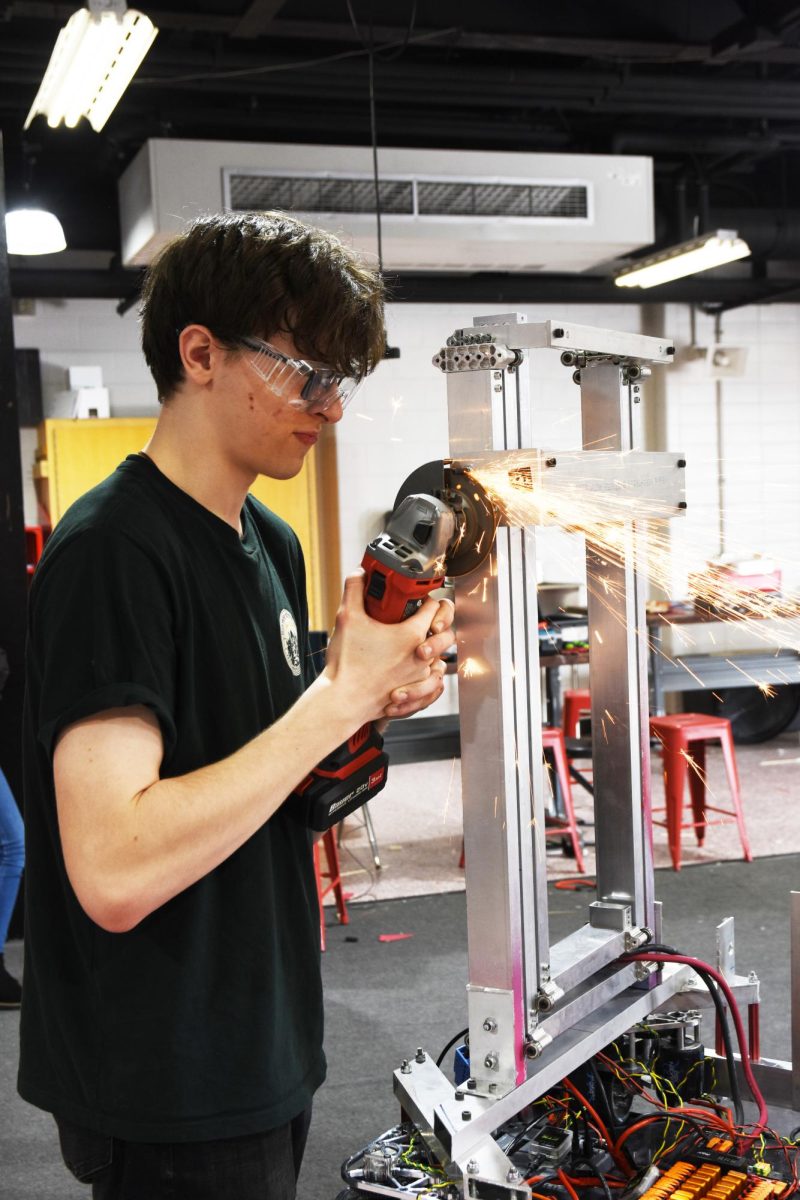




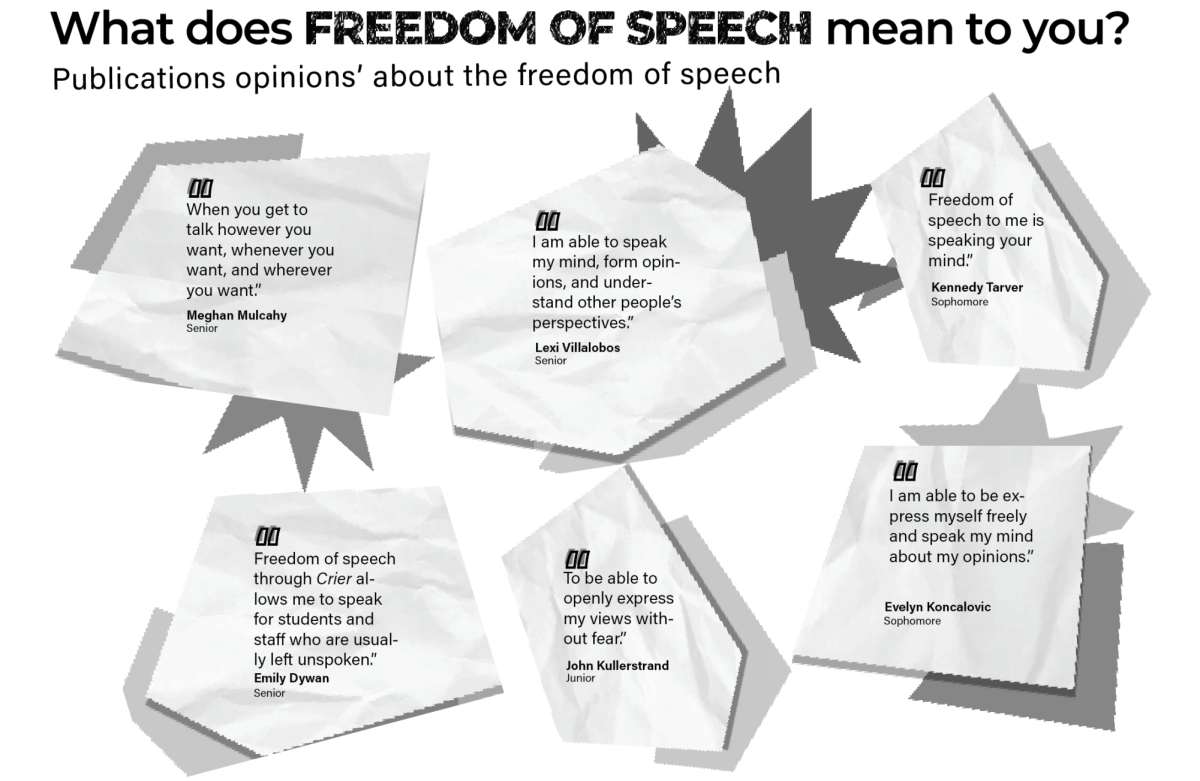










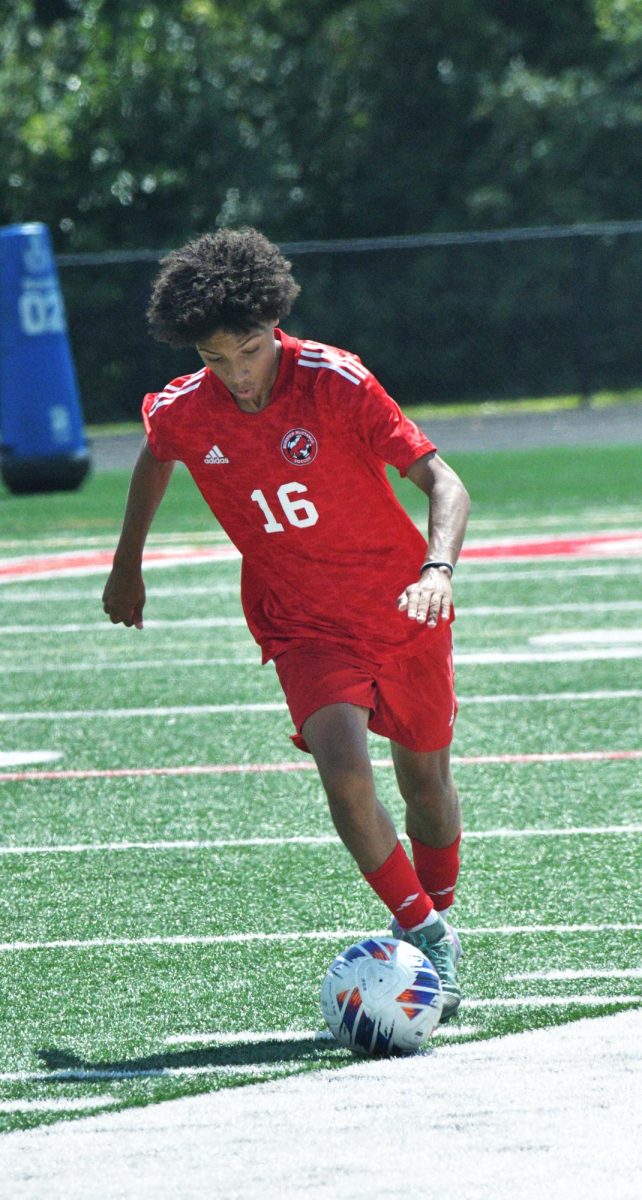




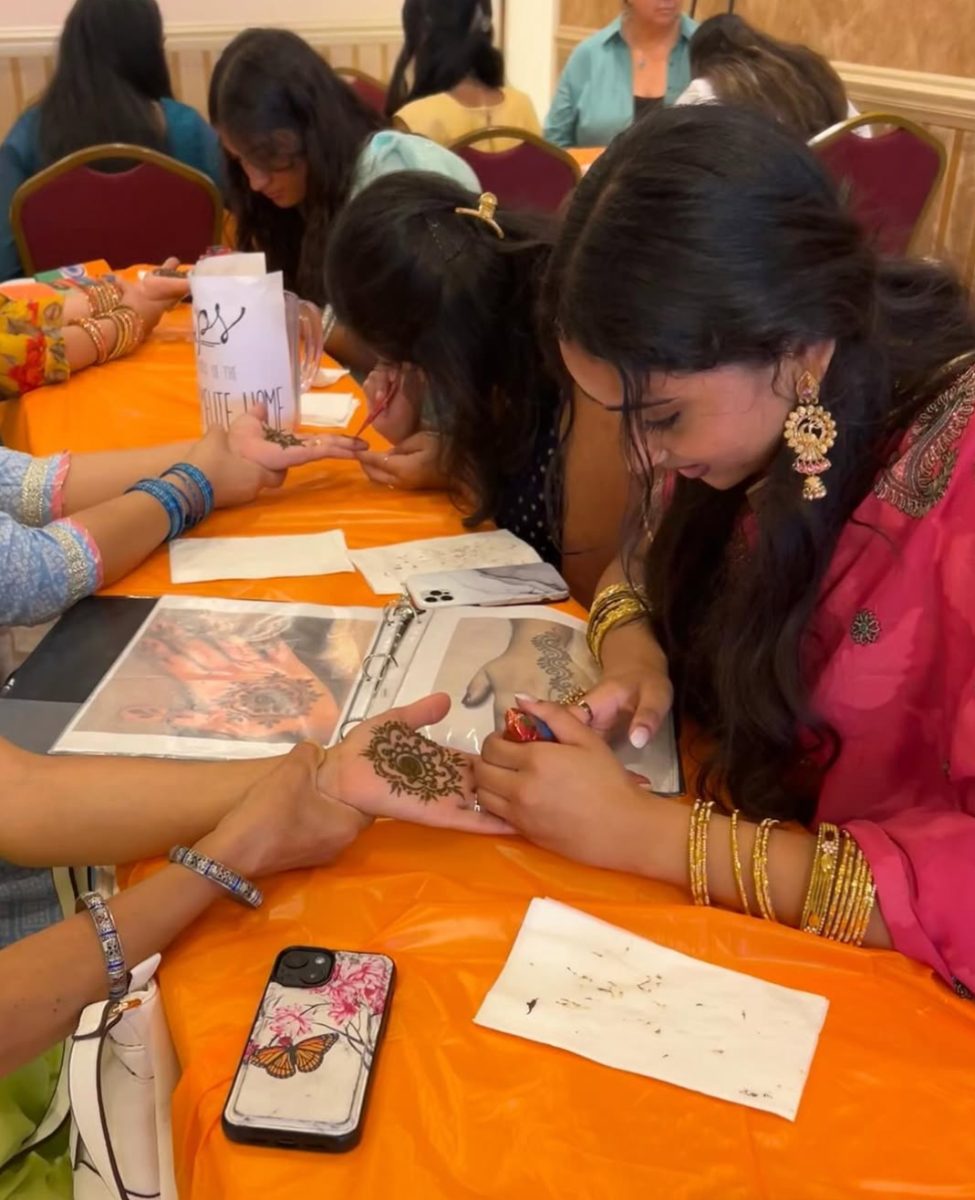

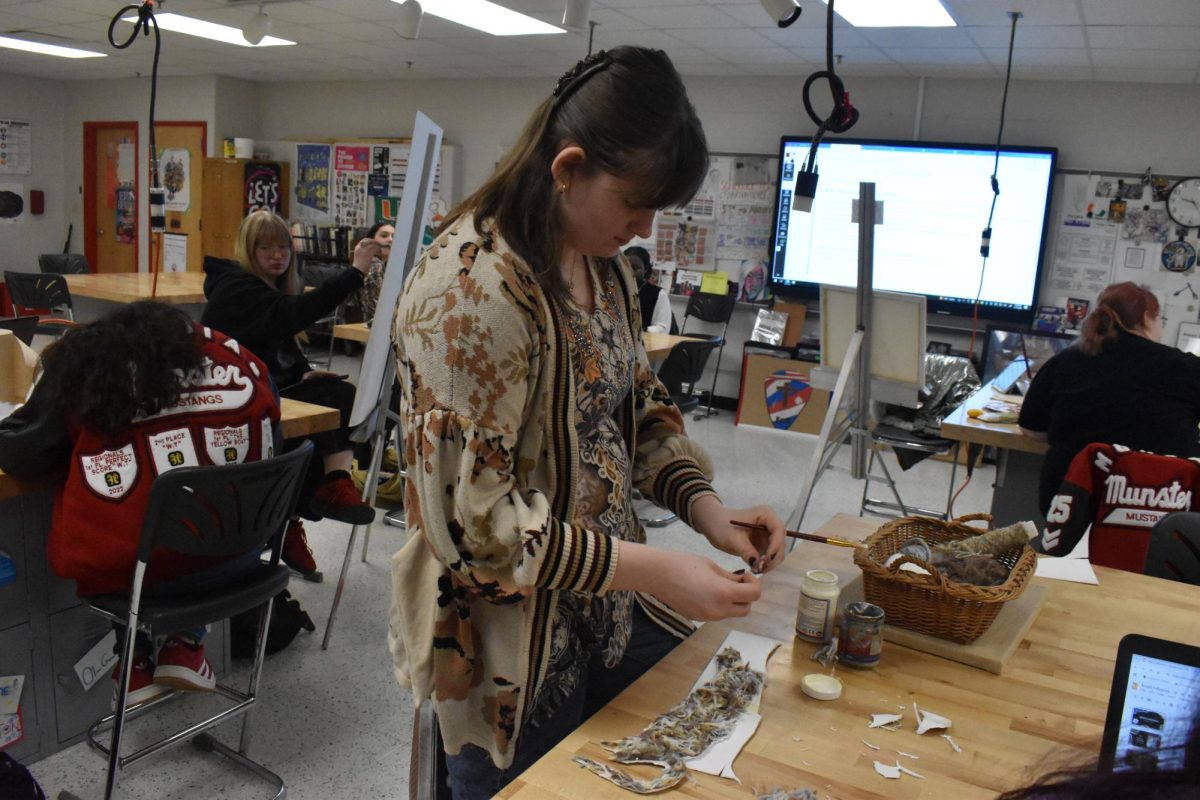

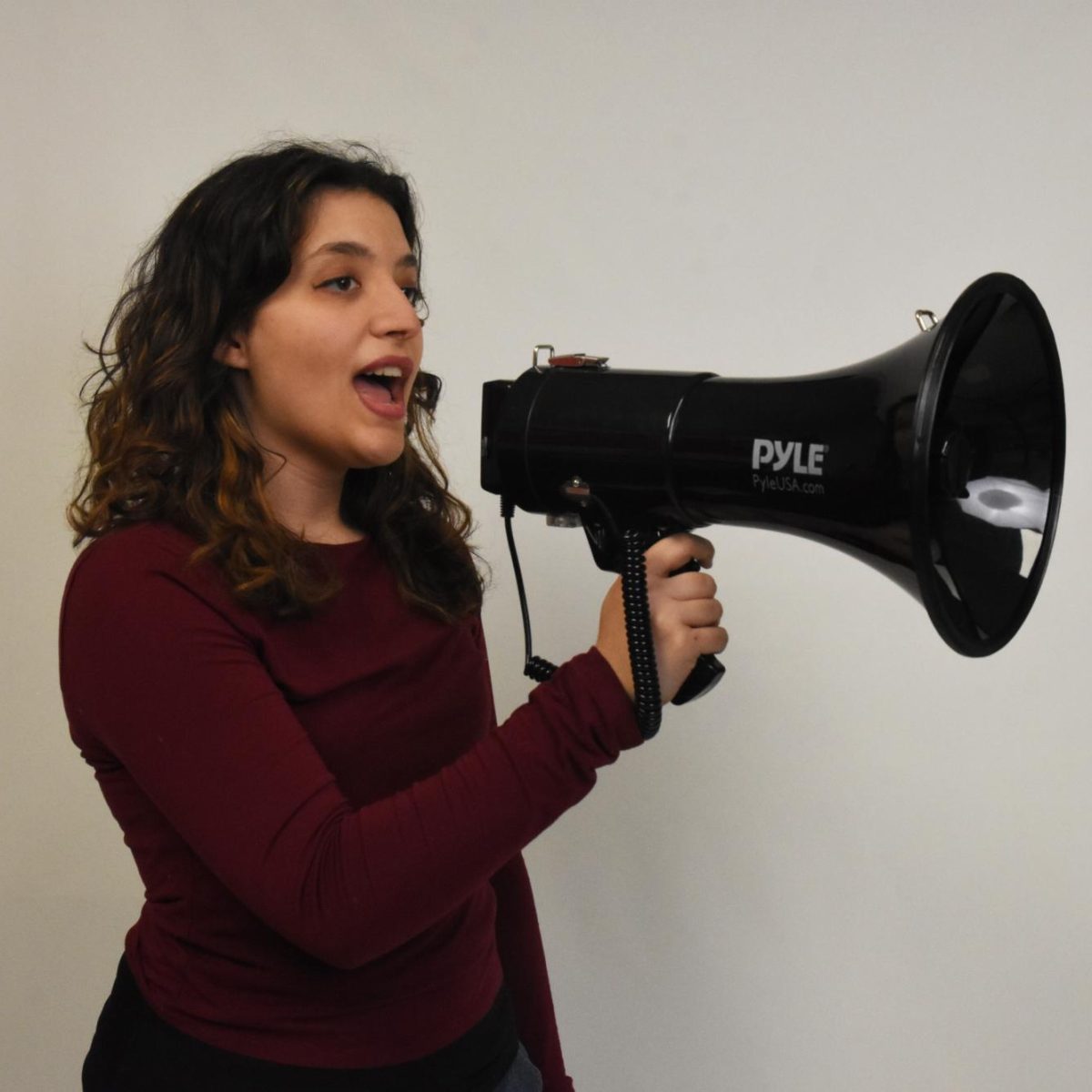
![SNAP HAPPY Recording on a GoPro for social media, senior Sam Mellon has recently started a weekly sports podcast. “[Senior] Brendan Feeney and I have been talking about doing a sports podcast forever. We love talking about sports and we just grabbed [senior] Will Hanas and went along with it,” Mellon said.](https://mhsnews.net/wp-content/uploads/2025/04/sam-892x1200.png)




